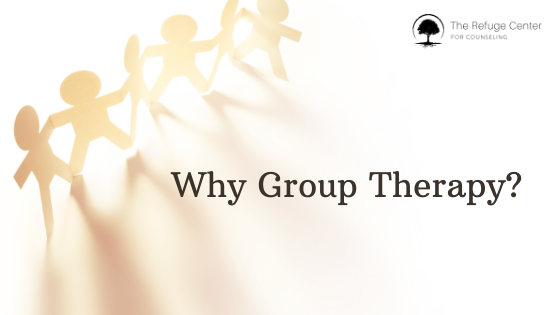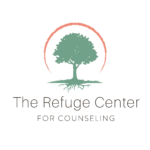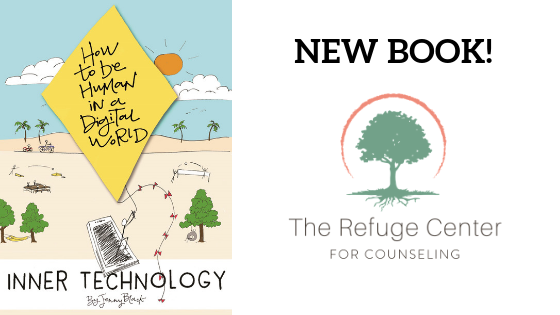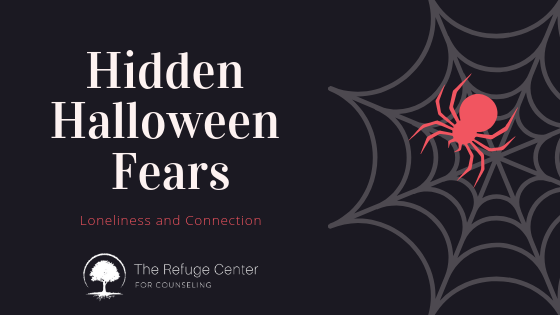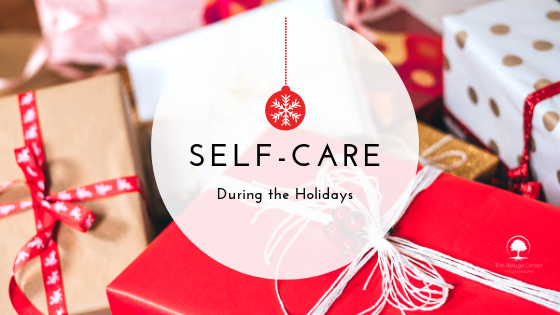“We are wounded in isolation; we are healed in community.”
As a group therapist, I am all about group therapy, so it’s not hard for me to rattle on for hours about the benefits of it. But, then I was invited to write this blog about group therapy, and I thought, “Yea, easy for me to say it’s awesome because I’m a therapist.” So I thought I’d let group participants speak for themselves about their own experiences in group therapy. After reviewing surveys from recent groups at Refuge, I found some themes that nearly every person touched on, highlighting the overall benefits of group therapy.
Safety: One recent group participant noted it was impactful to have “a safe space to express and learn” and another said they felt “accepted and welcomed.” I bet you can easily think of a time when you’ve shared something difficult or personal and someone responded terribly—either flat-faced no response; freak out fix-it mode; or fill in the blank with any number of awful responses. And I’m willing to bet this didn’t make you feel better and that it didn’t encourage you to open up again. Emotional, psychological, physical, and relational safety are of utmost importance when participating in group therapy. To actually heal, to actually do the work and achieve the goals you have, safety is essential. The great news about group therapy is that you have one or two people (therapists!) whose whole job it is to keep the space safe for everyone. You can sit back and share, trusting that your safety is being attuned to and maintained throughout the process. This creates the opportunity, as one participant says, for “being able to share with people who care.”
Connection: Every single group participant surveyed identified the gift of being able to connect with others in group therapy. Every. Single. One. This “chance to connect and be heard” is, in my opinion, the greatest benefit of group therapy. Our current culture is full of ways to “connect” but how often is that connection authentic, reciprocal, or supportive? Participants noted in a group they “felt seen and heard” and “accepted and welcomed.” And to someone’s surprise, they learned, “It helps to share your feelings.” Not only are you able to connect with “people who share a similar experience,” you can also connect with yourself more sincerely. As one participant put it, “I learned more about myself.”
Learning: Group therapy is a perfect environment for learning new skills and perspectives, gaining insight, and enhancing self-awareness because not only are you sharing and exploring, you are also witnessing and supporting others as they explore and learn. One participant said, “I felt like I could use the group as a training ground for real life.” Think of how much of your life is spent in the context of relationships. With that in mind, what better way to learn and practice new skills or information than in a room full of other humans in relationship with each other! Another participant noted that learning and growing with others was “really impactful and cathartic.”
Empowerment: With the safety, connection, and learning multiplied, group therapy can move you to a place of empowerment. Participants noted the ability to “to navigate my problems the way I need to;” “to identify what I need to work on;” and “to have a new way to deal with my problems.” Some participants even noted increased motivation because of participating in group therapy: “This makes me want to do the work.”
Safety–>Connection–>Learning–>Empowerment
And if you’re still a bit skeptical about showing up in a room with strangers to be vulnerable, you’re in good company. One participant stated, “I did not think a group session would be helpful, and now I look forward to my next experience.” I would encourage you to do an experiment- join a group, check it out, go for 2-3 weeks, and see what happens. Sometimes we have to show ourselves that the world keeps turning even if we do a scary thing.
Blog written by Hannah Owens, LCSW – Director of Groups and Intensives at The Refuge Center
Share this post
Share on facebook
Share on twitter
Share on linkedin
Share on pinterest
Share on print
Share on email
About Us
Who We Serve
Get Involved
-
Connections Lunch
-
Sponsorship Opportunities
-
Volunteer
-
Internship Opportunities
-
Post Master’s Fellowship Program
What’s Happening
Follow Us
Instagram
Facebook
Twitter
Youtube
Pinterest
The Refuge Center for Counseling is a 501c3 nonprofit organization (20-3831943). We are also a United Way of Williamson County Partner Organization.

